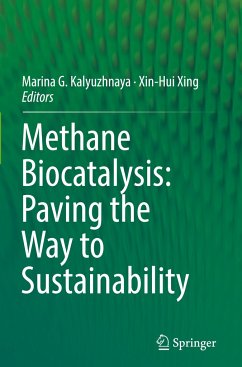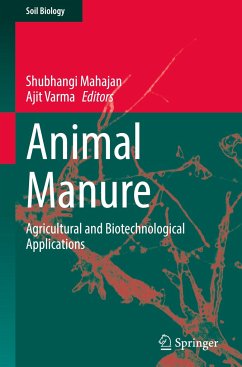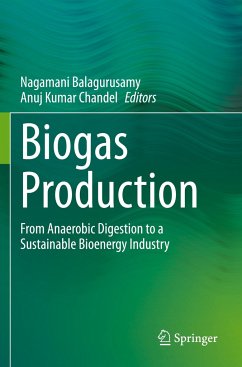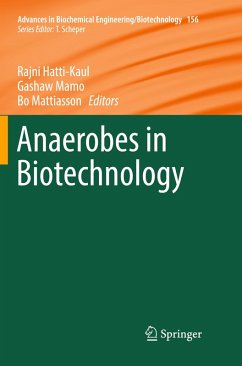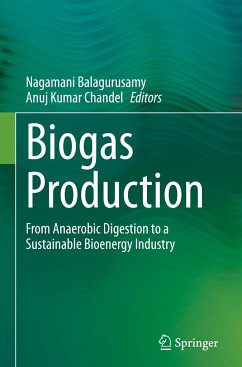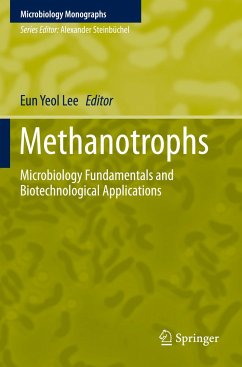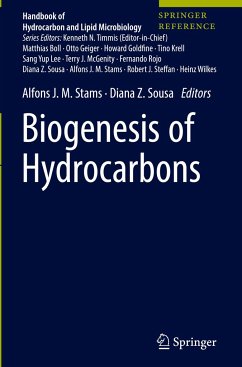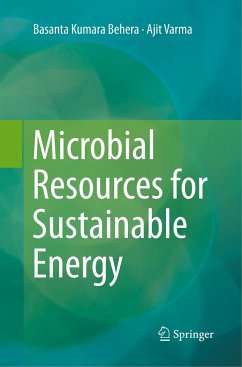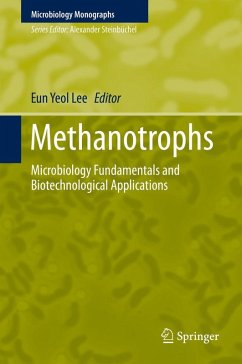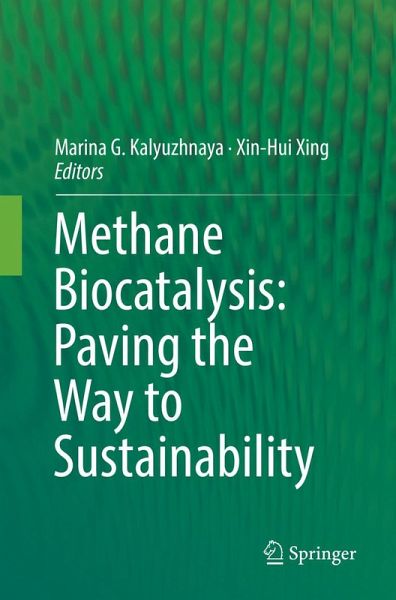
Methane Biocatalysis: Paving the Way to Sustainability
Versandkostenfrei!
Versandfertig in 6-10 Tagen
113,99 €
inkl. MwSt.

PAYBACK Punkte
57 °P sammeln!
This book provides in-depth insights into the most recent developments in different areas of microbial methane and methanol utilization, including novel fundamental discoveries in genomics and physiology, innovative strategies for metabolic engineering and new synthetic approaches for generation of feedstocks, chemicals and fuels from methane, and finally economics and the implementation of industrial biocatalysis using methane consuming bacteria.Methane, as natural gas or biogas, penetrates every area of human activity, from households to large industries and is often promoted as the cleanest...
This book provides in-depth insights into the most recent developments in different areas of microbial methane and methanol utilization, including novel fundamental discoveries in genomics and physiology, innovative strategies for metabolic engineering and new synthetic approaches for generation of feedstocks, chemicals and fuels from methane, and finally economics and the implementation of industrial biocatalysis using methane consuming bacteria.
Methane, as natural gas or biogas, penetrates every area of human activity, from households to large industries and is often promoted as the cleanest fuel. However, one should not forget that this bundle of energy, carbon, and hydrogen comes with an exceptionally large environmental footprint. To meet goals of long-term sustainability and human well-being, all areas of energy, chemicals, agriculture, waste-management industries must go beyond short-term economic considerations and target both large and small methane emissions. The search for new environment-friendly approaches for methane capture and valorization is an ongoing journey. While it is not yet apparent which innovation might represent the best solution, it is evident that methane biocatalysis is one of the most promising paths. Microbes are gatekeepers of fugitive methane in Nature. Methane-consuming microbes are typically small in number but exceptionally big in their impact on the natural carbon cycle. They control and often completely eliminate methane emission from a variety of biological and geothermal sources. The tremendous potential of these microbial systems, is only now being implemented in human-made systems.
The book addresses professors, researchers and graduate students from both academia and industry working in microbial biotechnology, molecular biology and chemical engineering.
Methane, as natural gas or biogas, penetrates every area of human activity, from households to large industries and is often promoted as the cleanest fuel. However, one should not forget that this bundle of energy, carbon, and hydrogen comes with an exceptionally large environmental footprint. To meet goals of long-term sustainability and human well-being, all areas of energy, chemicals, agriculture, waste-management industries must go beyond short-term economic considerations and target both large and small methane emissions. The search for new environment-friendly approaches for methane capture and valorization is an ongoing journey. While it is not yet apparent which innovation might represent the best solution, it is evident that methane biocatalysis is one of the most promising paths. Microbes are gatekeepers of fugitive methane in Nature. Methane-consuming microbes are typically small in number but exceptionally big in their impact on the natural carbon cycle. They control and often completely eliminate methane emission from a variety of biological and geothermal sources. The tremendous potential of these microbial systems, is only now being implemented in human-made systems.
The book addresses professors, researchers and graduate students from both academia and industry working in microbial biotechnology, molecular biology and chemical engineering.



